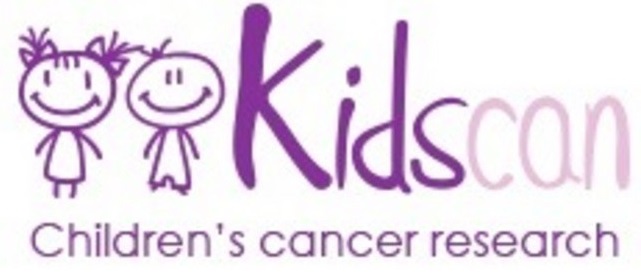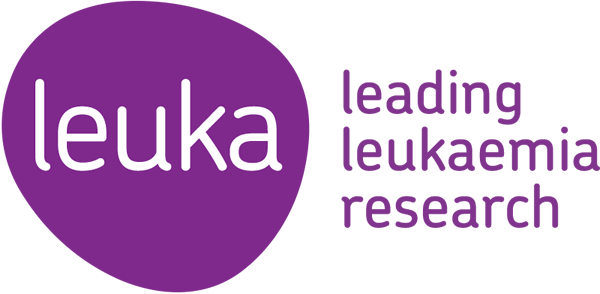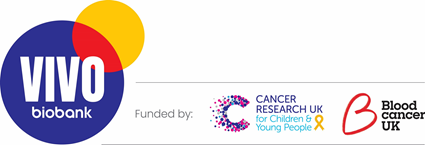Personalising Therapy for Adults with ALL(2016-22)
Fewer than five in ten adults with Acute Lymphoblastic Leukaemia (ALL) will live for 5 years whereas nine in ten children are cured. Cancer is driven by the acquisition of DNA mutations which result in the loss and gain of key cell functions and genomic instability. We hypothesise that the spectrum, distribution and impact of genetic abnormalities is different between children and adults with ALL. We aim to exploit the knowledge gained from investigating the relationship between the cancer genome, the clinical phenotype and the response to therapy; to change clinical practice and thereby improve outcome for adults with this disease. We will use state-of-the-art integrated genomic profiling to:
(1) determine the key genetic and epigenetic pathways disrupted in cases without a known primary chromosomal abnormality, and
(2) investigate the clonal origins of relapse and study patterns of genomic instability at relapse.
This will identify novel genetic and epigenetic lesions as well as key disrupted pathways which will be used to define new disease subgroups, track disease progression and develop novel therapeutic strategies. In order to perform a systematic genomic interrogation of known genetic lesions causally implicated in ALL pathogenesis, we will design a targeted re-sequencing assay against a comprehensive panel of ~150 genes. This will enable a systematic and detailed evaluation of the genetic landscape identifying critical gene-gene and gene-phenotype associations. Response to therapy is a major predictor of outcome in ALL but current methodologies have limitations in adults. Tracking oncogenic driver mutations using ultra-deep sequencing offers a novel approach for monitoring minimal residual disease. We will assess novel ultra-deep sequencing technologies, compare them to the gold standard methodology and determine prognostic value using longitudinal sample collections. The recent success of tyrosine kinase inhibitors in treating BCR-ABL1-positive leukaemia illustrates the clinical utility of targeted therapies. We will use an established preclinical xenograft model to evaluate candidate drugs which target novel and existing genetically altered pathways; thereby informing future drug repurposing and development. We will achieve our objectives utilising data and samples from 2000 adults diagnosed with ALL and treated on two ongoing CRUK funded trials (UKALL14 and UKALL60+) and one closed trial (UKALLXII). The output of these work packages will create a unique resource which will be used to develop global risk models which integrate demographic, genetic and response information and can be used to further stratify patients to treatment pathways which reduce toxicity and improve outcome.









.jpg)

